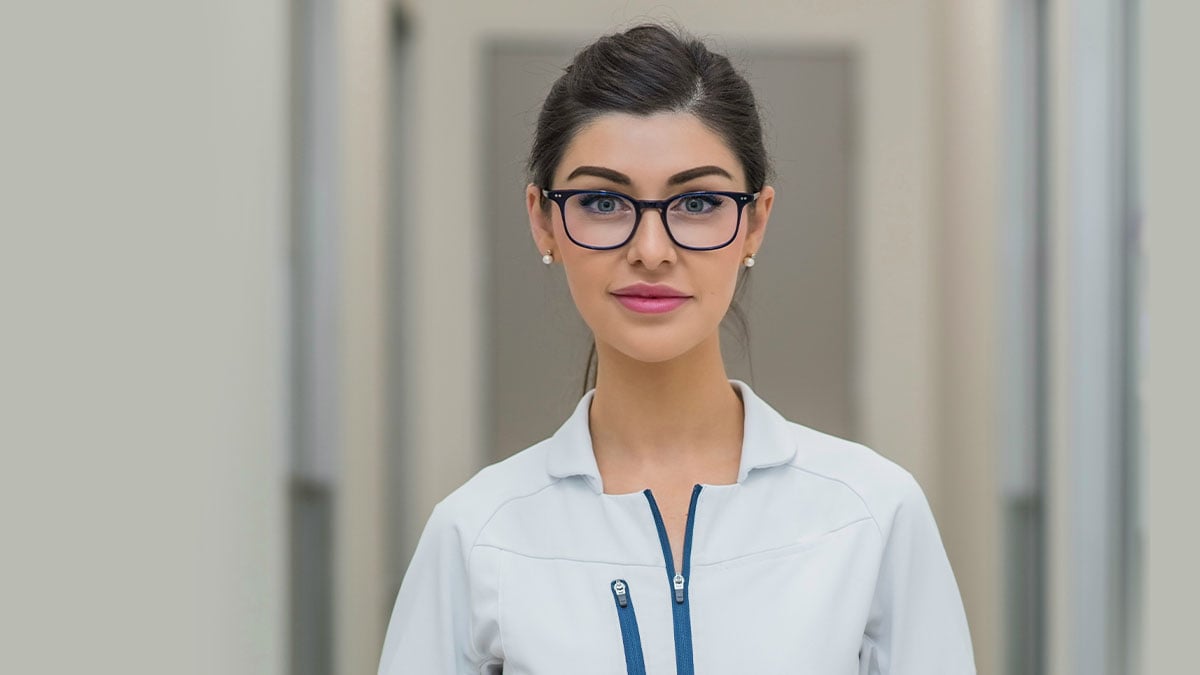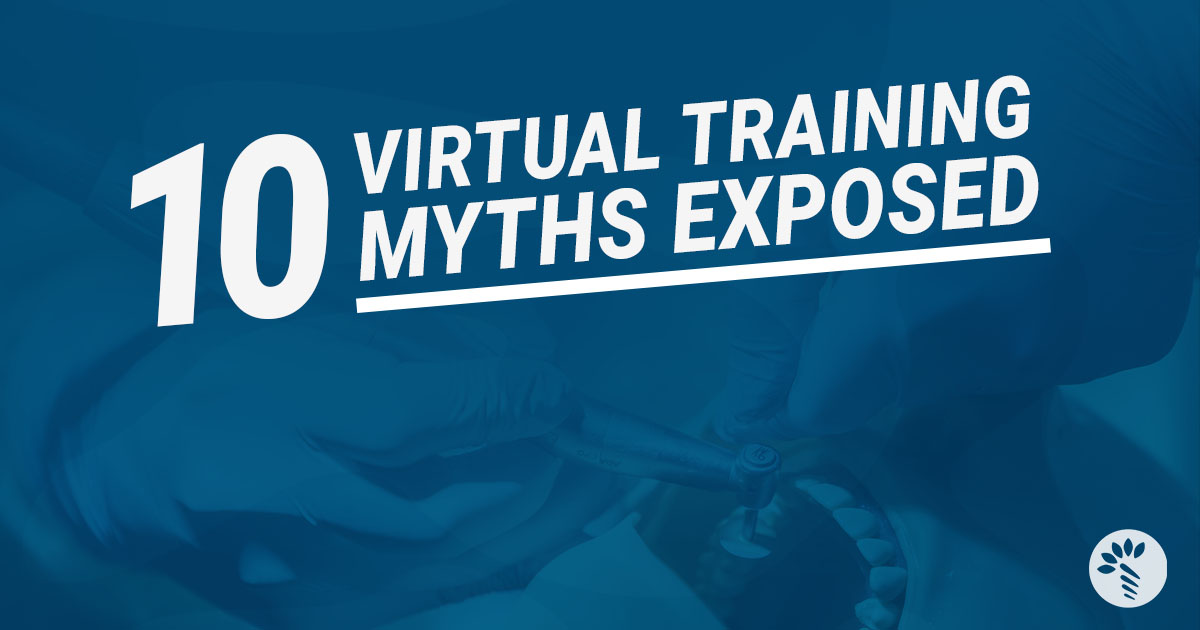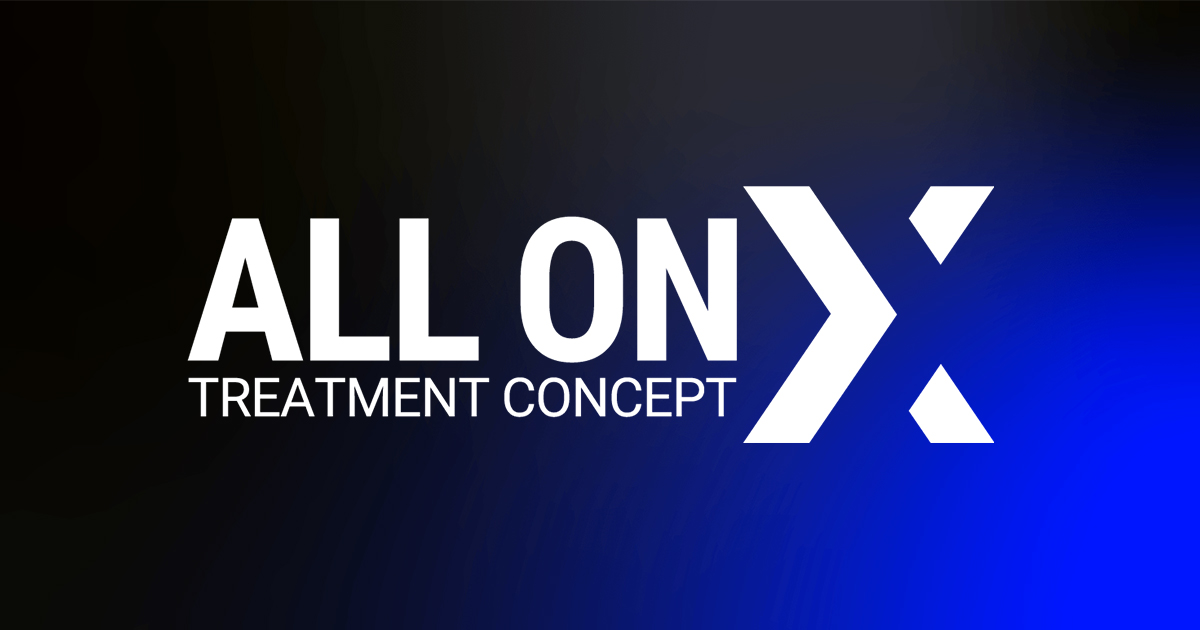Dr Rhea Allsopp: From Graduate to Owner of Dental Haus, Australia
Dr Rhea Allsop is 31years old. She has been practicing general dentistry since 2017
Rhea’s Challenges
- Graduated school of dentistry with little confidence to practice general dentistry.
- Education was bare bones, general basic fix pros, basic endo, basic communication, no full protocol.
- Experienced anxiety about the care she provided to her patients.
- Doubted the effectiveness of the treatment she provided.
- Had a job that was paying hourly with no cut from what she billed.
Rhea’s Actions
- Enrolled in the restorative fundamentals Conference, called Midwinter, 18 months into her dentistry career, which is now available as an online course called Restoration Fundamentals.
- Enrolled in Rapid Efficient Treatment Planning (RETP), which has now developed into the Advanced Treatment Planning
- Enrolled in Continuum, which has developed into the Fellowship in Restorative Dentistry
Rhea’s Achievements
- Her hand skills have improved dramatically.
- She has the confidence to take on and excel in quadrant and full arch cases.
- She uses advanced treatment planning protocols for every single case, which was instrumental in gaining a lot of big cases.
- Rhea opened her own clinic, Dental Haus, and is busy!
- Rhea looks forward to taking the Implant Live course.
Snapshot of Rhea
Dr Rhea Allsopp owns her own general practice clinic on the Gold Coast, Australia. She is fast gaining a reputation for the great work she is doing on her patients, from simple restorative work, crown and veneer preps, quadrant dentistry, to full arch cases. However, just 3 years ago Rhea was a newly fledged doctor who went to work feeling anxious and unsure about undertaking restorations in cases she had never encountered before.
Dentistry as a Newly Licensed Doctor
When Rhea looked for her first dentistry job, she took a salaried position in a private practice which was a part of a consortium of clinics. Dentists rotated between the various clinics, and cases were mostly basic restorative work with minimal large cases and no full protocols.
“I was anxious around my work, about the care I was giving to my patients. I doubted the treatment I was providing, and felt daunted doing a lot of restorations for the first time. Eight months into my career, a complaint was filed against me through the Australian Health Practitioner Regulation Agency (AHPRA), by a non english speaking patient; there had been communication problems. It was resolved but the experience was stressful. I took a couple of months off and looked for a clinic that had a more positive culture with better financial outcomes. It was here that I hit my stride - because at the same time I returned to study, and the courses I took fast tracked my hand skills and knowledge.
“When I graduated from university all I had was the bare bones, general basic fix pros, basic endo, basic communication, and no full protocol,” she said.
What Challenges Were Solved by Studying Advanced Treatment Planning?
Rhea chose to take the Advanced Treatment Planning course because she had experienced issues of miscommunication with patients where she thought she was totally clear and it turned out that what she said was totally unclear to them.
What stood out to Rhea was the logical flow of the initial patient intake procedure. Her current patient exam is modelled off what she learned in the Advanced Treatment Planning course, which is an easy to follow protocol that Rhea and her staff use, and ensures a consistency in the way they work with patients.
When Rhea included treatment planning to her practice she was able to practice confidently to achieve success in her bigger cases.
Prior to opening her clinic Rhea had worked on just 3 large cases - as large as 6 crowns on the top arch; then when she opened the clinic, she used treatment planning for every single patient. With her clinic less than one year old, Rhea feels bombarded by large cases - 10 in the coming 8 weeks - a direct consequence of the treatment planning presentations she made to her patients.
“And now I can use the skills I learned from restorative dentistry - especially the full arch course,” she said.
What Challenges Were Solved by Studying Restorative Dentistry?
Improved Hands Skills: “I liked the amount of hands-on the course offered because I wanted my hand skills to improve and quickly. I didn’t want to wait 20 years for patients to benefit from my good hand skills.
Eliminated Overwhelm: “The course helped me train my hands to do full arch work. It comes with practice. The course eliminated the sense of being out of my depth. I was shown a starting point, then I had a protocol that I can always follow. It was not overwhelming,” she said.
What Challenges Were Solved by Studying RipeGlobal Courses?
Improved Skills: Rhea loved the hands-on components in the course. There was a good dose of hands-on skills training, and the educator checked my work.
Confidence to Take on Big Cases: Rhea learned crown and veneer preps, how to do quadrant dentistry, and full arch cases.
What has Changed Since Studying Advanced Treatment Planning and Restorative Dentistry Courses?
- Rhea had the confidence to undertake big cases.
- She was able to capture more work by using treatment planning protocols.
- Rhea felt confident enough to run her own practice, so she opened her own clinic.
- She saw a dramatic increase in her billing since treatment planning allowed her to see more opportunities to work with patients, particularly high-end opportunities such as full arch and quadrant dentistry.
- Rhea achieved a return on her investment within 3 to 6 months of completing her courses.



